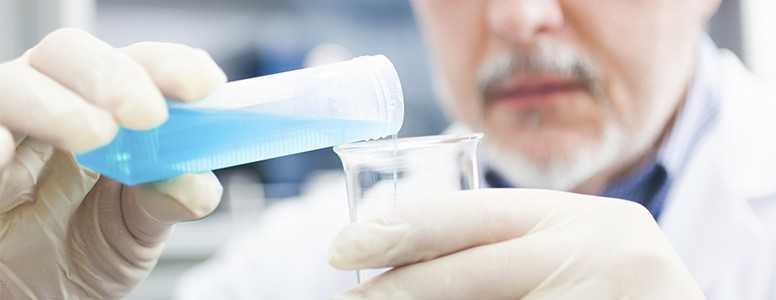Knowing more about how the gut works could help delay type 1 diabetes from developing, researchers have said.
A team from the University of Queensland (UQ) said one way to understand type 1 diabetes risk is to monitor microorganisms in the gut and observe any changes.
To do this the researchers set about analysing stool samples of people with newly-diagnosed type 1 diabetes and those at higher or lower risk of the condition.
Using a technique called metaproteomic analysis, the researchers compared gut changes in the samples, and found that certain proteins can be used to differentiate risk levels.
UQ Diamantina Institute Senior Research Fellow Dr Emma Hamilton-Williams said: “By studying the stool samples of participants, we found that changes in gut bacteria weren’t just a side effect of the disease, but are likely related to disease progression.”
Much research has been carried out to try to determine why this process suddenly starts to occur and how it can be delayed or even prevented.
There are now plans to carry out further research where the team will monitor subjects before and after type 1 diabetes diagnosis to confirm whether the proteins that have already been identified do in fact predict disease progression.
“Seeing the same characteristics in recently diagnosed patients and undiagnosed high-risk relatives means these proteins may be used to predict a future diabetes diagnosis. Understanding what pathways lead patients to develop type 1 diabetes is key to developing new treatment strategies and accurately measuring the success of clinical trials,” said Dr Emma Hamilton-Williams.
“The team is now involved in clinically trialling a specialised dietary supplement to target the gut microbiota in patients with type 1 diabetes. We hope that this treatment reverses the disease-associated changes we found in our study.”
The results have been published online in Diabetes Care.
What's new on the forum? ⭐️
Get our free newsletters
Stay up to date with the latest news, research and breakthroughs.






